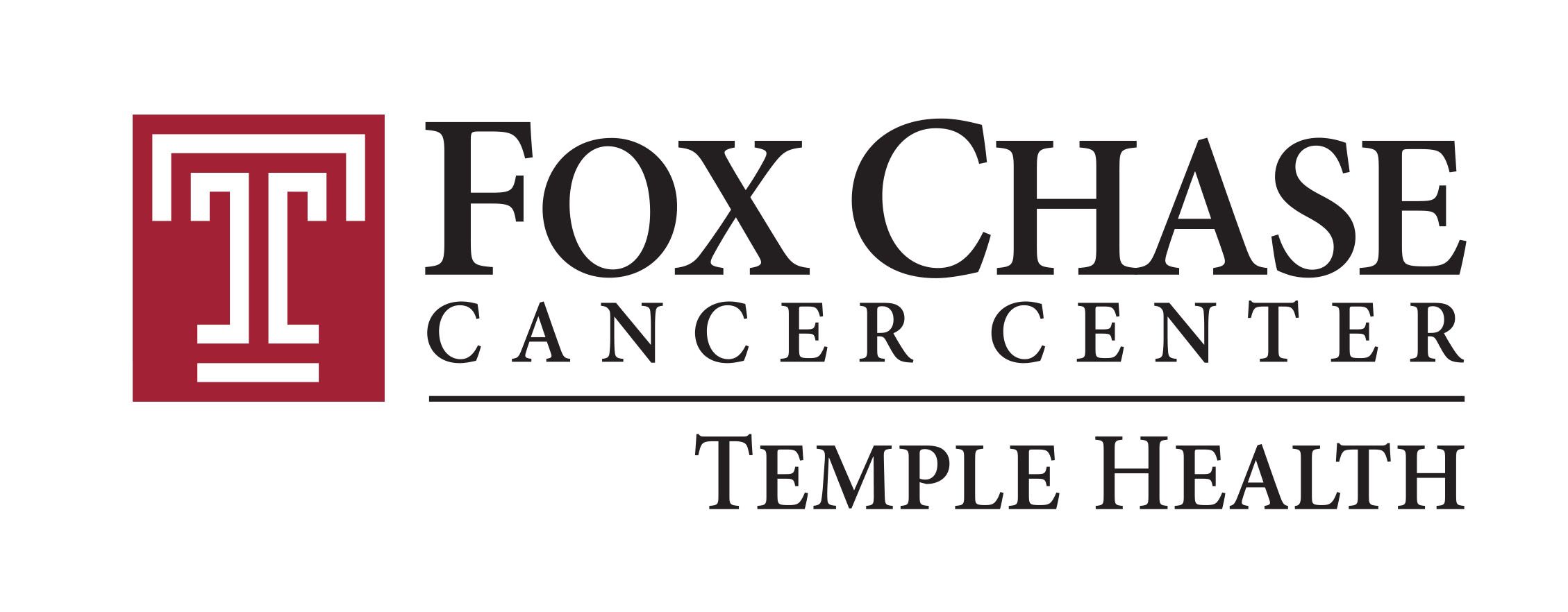- Advertise
- About OncLive
- Editorial Board
- MJH Life Sciences brands
- Contact Us
- Privacy
- Terms & Conditions
- Do Not Sell My Information
2 Clarke Drive
Suite 100
Cranbury, NJ 08512
© 2025 MJH Life Sciences™ and OncLive - Clinical Oncology News, Cancer Expert Insights. All rights reserved.
Dr Dotan on Treating Geriatric Patients With Gastroesophageal Cancer
Efrat Dotan, MD, discusses a retrospective study aiming to understand the needs of geriatric patients with gastroesophageal cancer.
Efrat Dotan, MD, chief, Division of Gastrointestinal (GI) Medical Oncology, associate professor, Department of Hematology/Oncology, associate director, Hematology/Oncology Fellowship Training Program, Fox Chase Cancer Center, discusses data from a retrospective study presented during the 2024 Gastrointestinal Cancers Symposium that aimed to to understand the needs of geriatric patients with gastroesophageal cancer.
These findings serve as an expected revelation, yet they significantly contribute to the comprehension of the prevailing unmet needs within the geriatric gastroesophageal cancer clinical setting, Dotan begins. These findings underscore the necessity for deeper contemplation or heightened attention during patient evaluations, she expains, adding that oncologists have gained valuable insights into the specific areas that warrant more scrutiny and consideration within clinical practice.
In an effort to broaden the scope of this research, an additional investigation was incorporated into the study design, Dotan reports. This investigation entailed conducting an exploratory analysis wherein elderly patients were tasked with wearing a Fitbit for a duration of 4 days, enabling an objective assessment of their physical function. Notably, 85% of the participants wore the Fitbit for longer periods of time than the predefined duration needed to meet the primary end point of feasibility, providing valuable data for analysis, she explains. It was found that patients who averaged approximately 2500 steps per day experienced distinct challenges compared with their more active counterparts, a factor likely to significantly impact their overall outcomes, she emphasizes.
The impetus behind this exploratory analysis stemmed from a desire to explore alternative, more objective methods of patient evaluation, in contrast to subjective questionnaires, which may be influenced by various biases or prove cumbersome to administer in a clinical setting, Dotan continues. It is hoped that this study will contribute to the growing body of evidence emphasizing the imperative for clinicians caring for elderly patients to adopt a comprehensive treatment approach, she expresses. Beyond addressing patients’ primary ailments, consideration must be given to the broader spectrum of factors influencing patient care, encompassing overall health, lifestyle, and individual circumstances, Dotan concludes. This holistic perspective is essential for optimizing patient outcomes and ensuring comprehensive care delivery in clinical practice.


